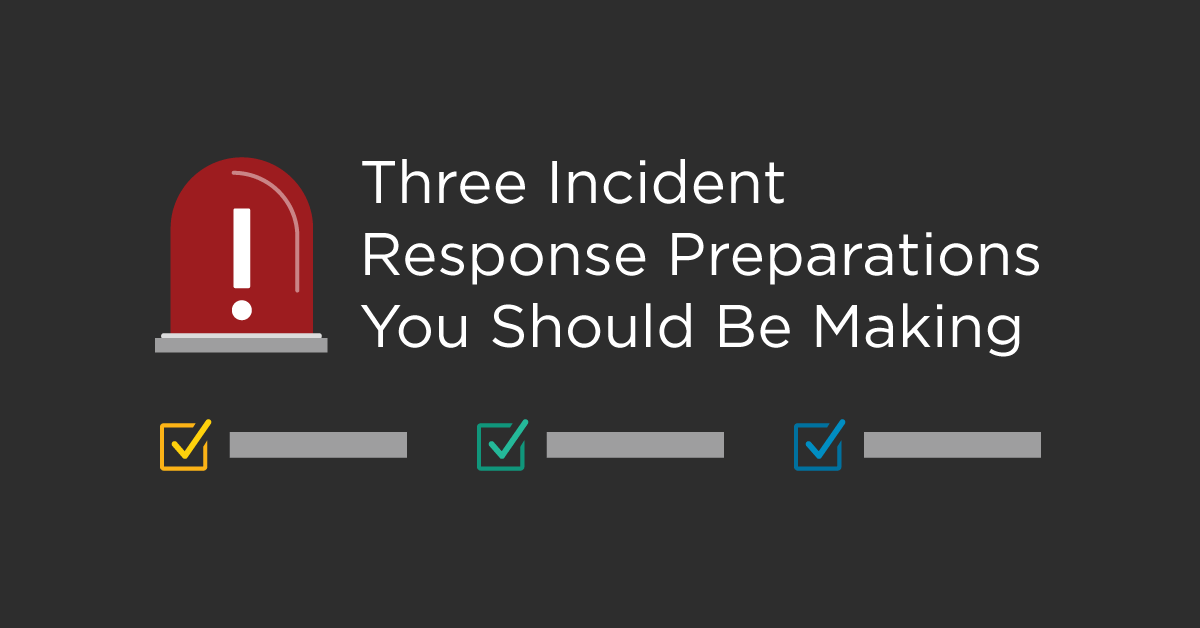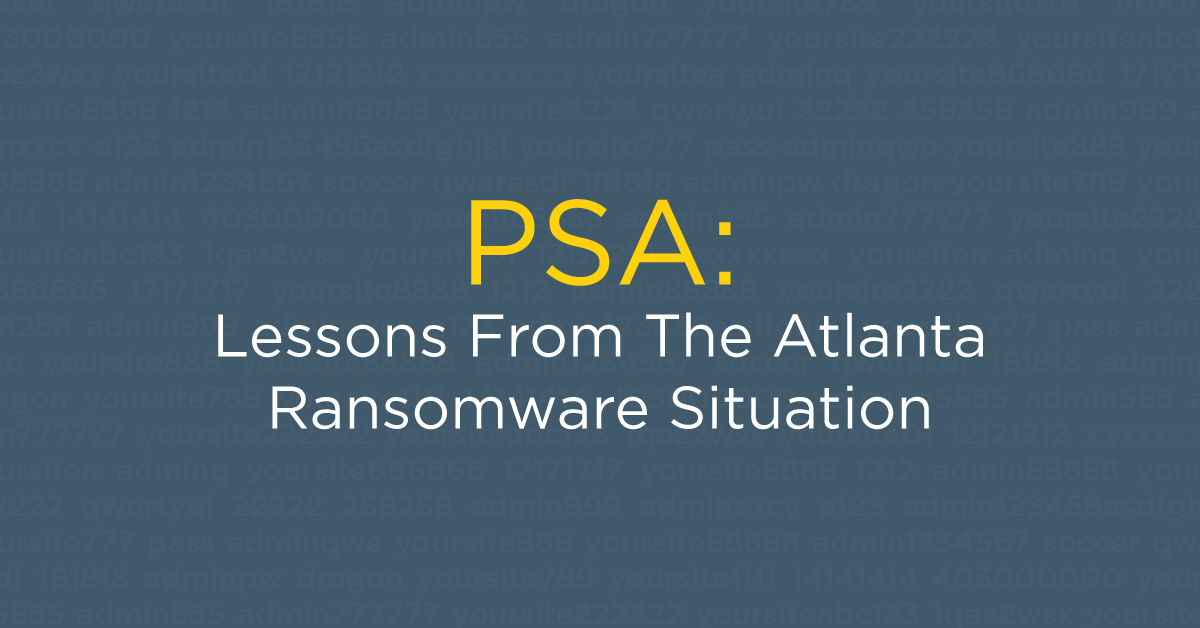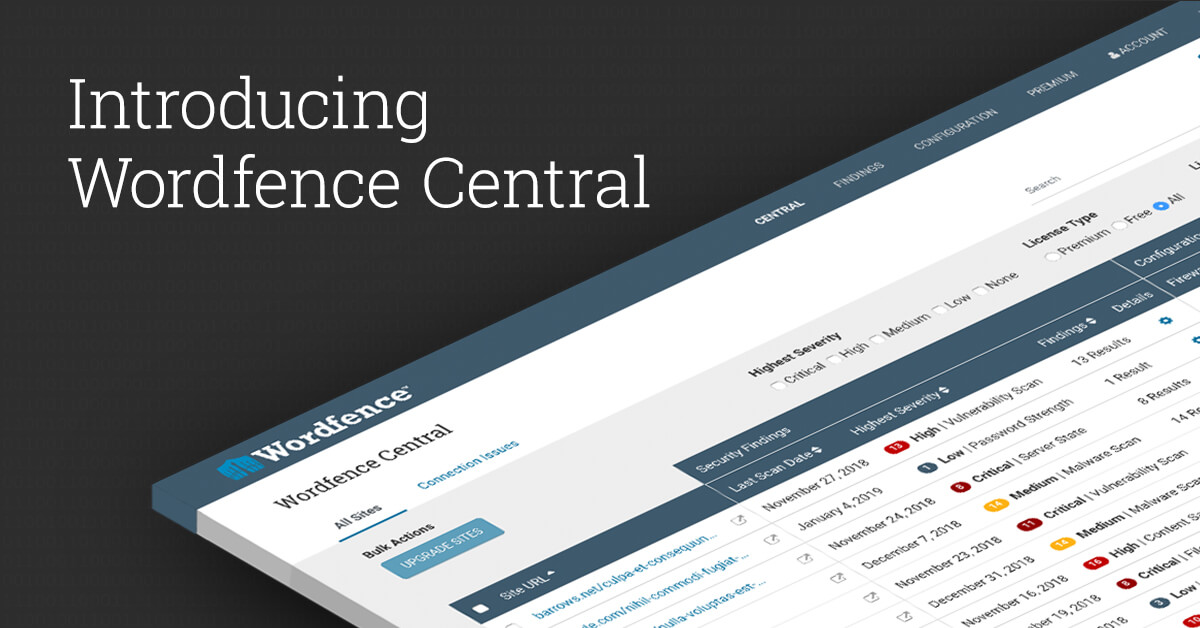This site uses cookies in accordance with our Privacy Policy.
Wordfence Research and News
Category: Learning
Newest
Live Event: Wordfence Central Official Launch and Demo
Today we are very excited to announce the launch of Wordfence Central. Our team has been working hard for almost a year on this ground-breaking project. Wordfence Central gives you the power of a security events and information manager for WordPress. Join me for a live event starting at 8am Pacific time, 11am EST where …
Read More

Three Incident Response Preparations You Should Be Making
In the context of cybersecurity, the adage “An ounce of prevention is worth a pound of cure” is a massive understatement.

PSA: Lessons From The Atlanta Ransomware Situation
In the past few days the City of Atlanta has been hit with a ransomware attack.
Staying Safe: The Wordfence Cyber Security Survival Guide
Occasionally at Wordfence we publish posts that are public service announcements that help the broader online community including your team, friends and relatives.
Gravatar Advisory: How to Protect Your Email Address and Identity
Update: We’ve added comments at the end of the post pointing out that the National Institute of Standards and Technology (NIST) considers an email address to be personally identifiable information or PII.
Avoid Malware Scanners That Use Insecure Hashing
In this post I’m going to discuss a major problem that exists with several WordPress malware scanners: The use of weak hashing algorithms for good and bad file identification.
What Hackers Do With Compromised WordPress Sites
We often talk to site owners who are surprised that their sites are targeted by attackers.
How Attackers Gain Access to WordPress Sites
On this blog we write a lot about different vulnerabilities that could lead to site compromise.
Hacked Sites Suffer Long Term Search Ranking Penalties
During our research into what the WordPress community knows about hacked websites, we discovered that there is very little data available on the subject.
WordPress Security for Beginners – Where to Start
One of the reasons that WordPress is so popular, powering 25% of all websites, is how easy it is use.

